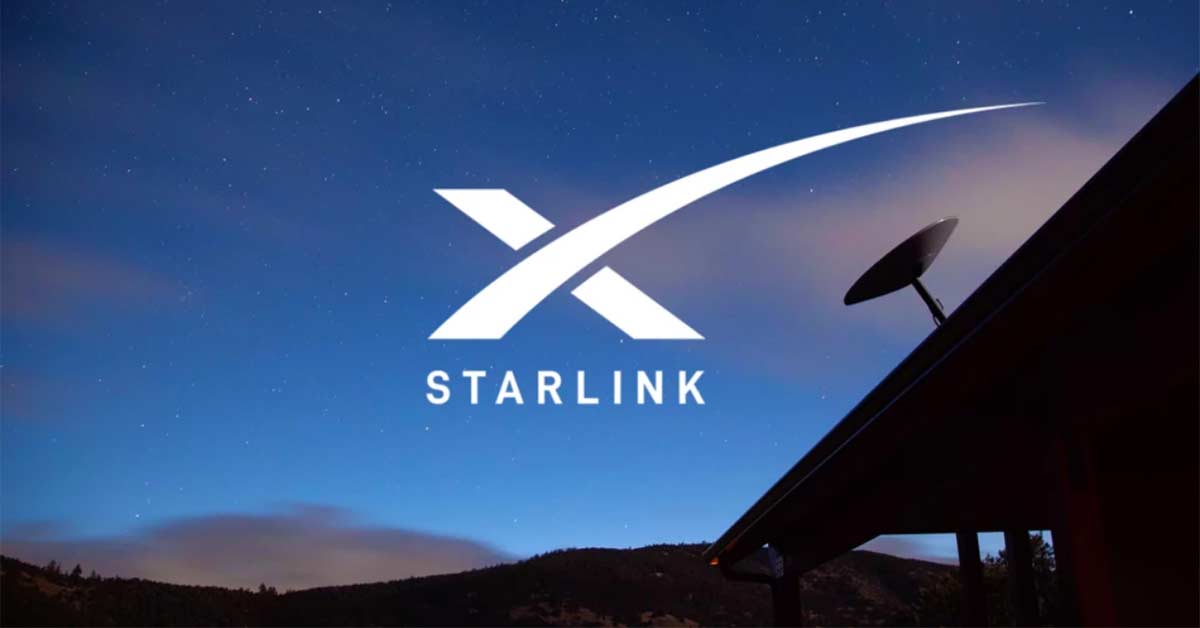 EMERGING TECH
EMERGING TECH
 EMERGING TECH
EMERGING TECH
 EMERGING TECH
EMERGING TECH
Elon Musk’s satellite internet service Starlink has created lots of excitement around its potential to bring internet connectivity to some of the most remote parts of the world, but if it wants to be taken seriously at home in the U.S., it might want to take note of a recent drop in its average download speeds.
A report from Ookla, a website that speed tests internet providers, shows that SpaceX Corp.-owned Starlink’s download speeds decreased to an average of 87 megabytes per second in the third quarter, down from a high of 97 Mbps three months prior.
Elon’s satellites are slowing down, and Ookla says the likely reason for the decreased speeds is that it’s adding more customers than it can keep up with. The service currently claims around 140,000 users, up from 100,000 who were using it in August 2021.
The good news for Starlink is that it’s still streets ahead of its satellite internet competitors Hughes Network Systems LLC, and Viasat Corp. Both services are more than four times slower, hovering just under 20 Mbps.
It’s also worth pointing out that Starlink has big ambitions to expand its constellation of satellites. At present it has about 1,700 in orbit, but ultimately it’s planning to get more than 30,000 up in the skies, at which time it promises it will be able to deliver blazing-fast connectivity. Ookla says Starlink is planning 36 launches of multiple Gen2 satellites in 2022.
Starlink also has no performance issues when it comes to other territories around the globe. Ookla said that in Canada, Starlink’s connectivity is so fast that it’s a viable alternative to fixed broadband and, in many parts of the country, even faster than local services.
Starlink’s download speeds were also faster than the best fixed broadband services in the U.K., France, Germany and New Zealand, Ookla said.
Of course, it’s not only speed but also pricing that affects the desirability of the service, and although Starlink might seem competitive in the U.S. and in Canada, most Europeans would beg to differ. Starlink costs 99 euros ($112) per month in France, for example, while most fixed broadband providers start at 30 euros or less.
THANK YOU